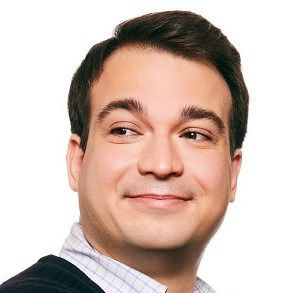A Brief History of CDHS
The Capital District Humanist Society provides a supportive community for exchanging ideas, heightening our knowledge of the world and ourselves, fostering moral and ethical growth, and promoting the principles of secular humanism.
In 1986, Paul Kurtz, founder and editor of the journal Free Inquiry, wrote an article in which he advocated for what he called local humanist fellowship centers. He envisioned organized humanist groups that could provide friendship, activities, programs, and other services in support of local humanist communities.
Albany resident Hugh McVeigh responded to Kurtz’s call for the formation of local groups dedicated to the ideals of secular humanism, and with the support and exchange of ideas from the National Center for Inquiry, a Capital District group began to take shape.
In January 1987, a group of about a dozen interested freethinkers held the first membership meeting at McVeigh’s home. Originally called Capital District Free Inquirers, the name was changed to the Capital District Humanist Society the following year. NYS incorporation for the Capital District Humanist Society was fully approved on May 21, 1990. Over the ensuing years, CDHS has held its meetings at a variety of locations including the Campus Center at the Sage College Albany campus from 1996 through early 2020, on-line from early 2020 through summer 2023, and hybrid meetings starting in fall 2023.
Since its formation, CDHS has been fortunate to have had many dedicated and talented members serving on the Executive Council. Their names, faces, and duties have changed over the years and will continue to change in the future. Minor aspects of CDHS have changed, but the important things have remained the same. There are still informative monthly meetings and enjoyable social events. The Humanist Monthly is still keeping members up to date on CDHS activities and important secular humanist news both locally and worldwide. The book club continues to meet twice a month and there are still annual elections of the Executive Council.
Most importantly, CDHS continues to be an independent, democratic, membership organization dedicated to open discussion of issues related to human life. CDHS still provides a comfortable space for secular folks to share companionship, exchange ideas, engage in community service, and strengthen our knowledge of the world and ourselves.

